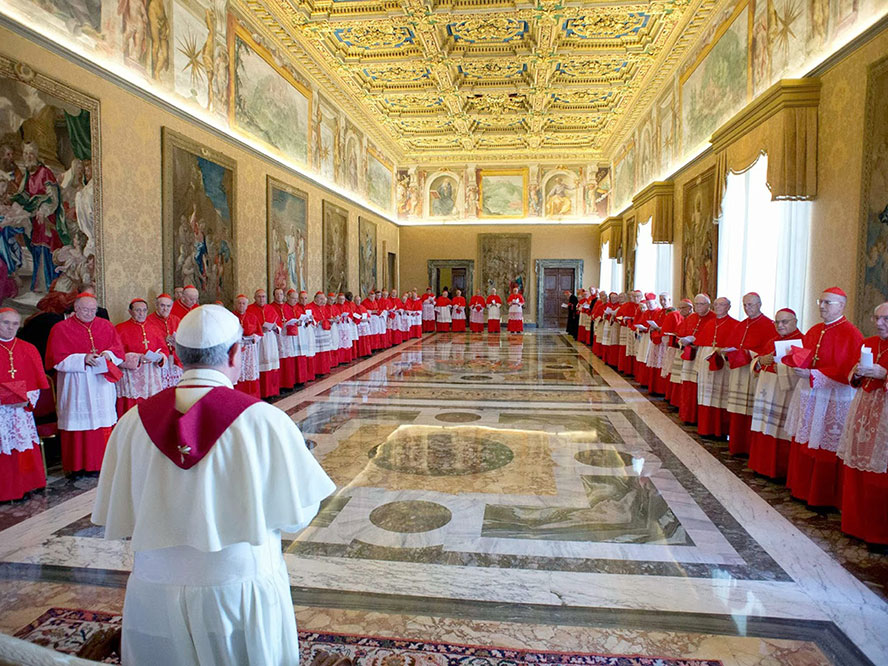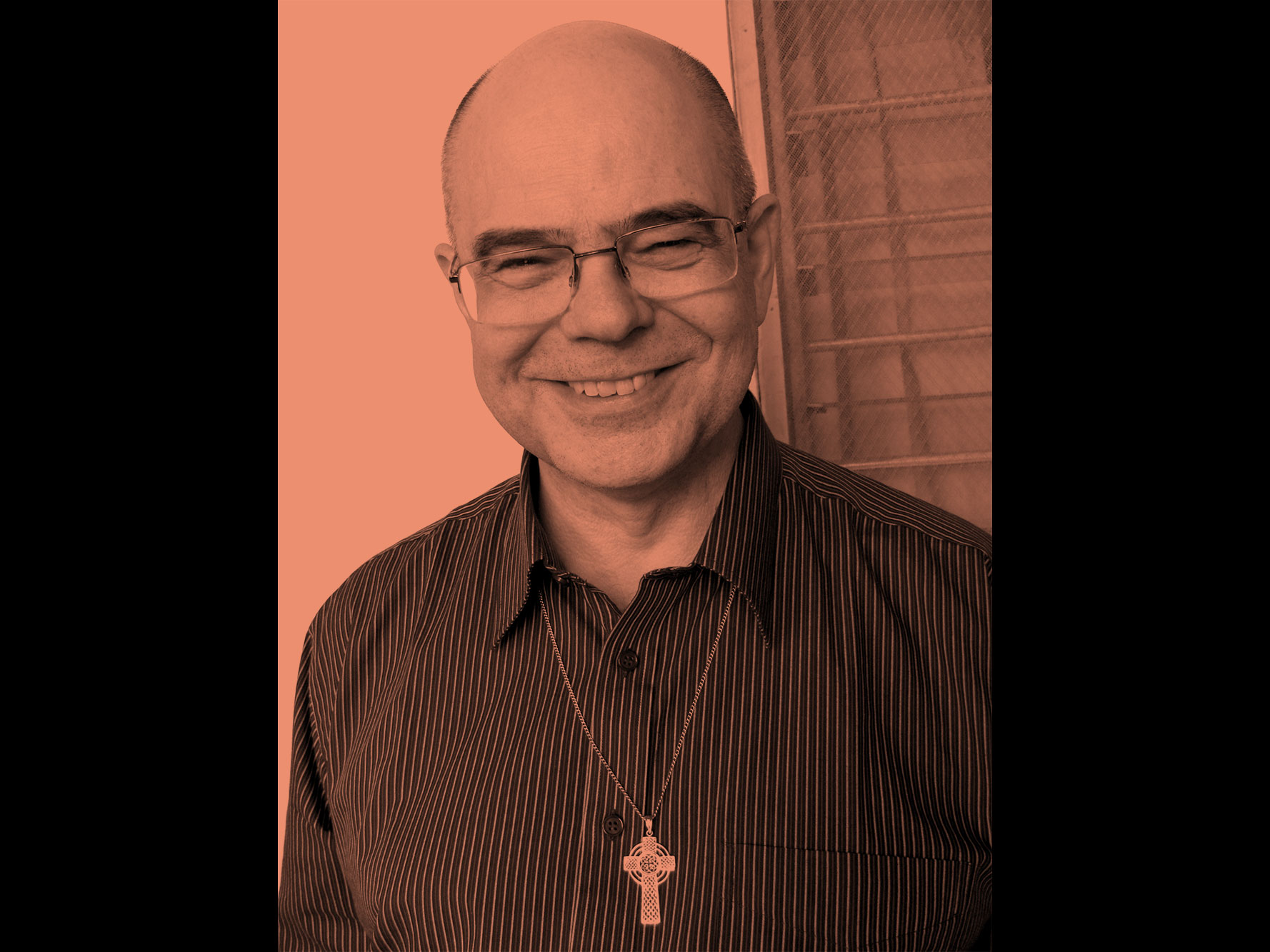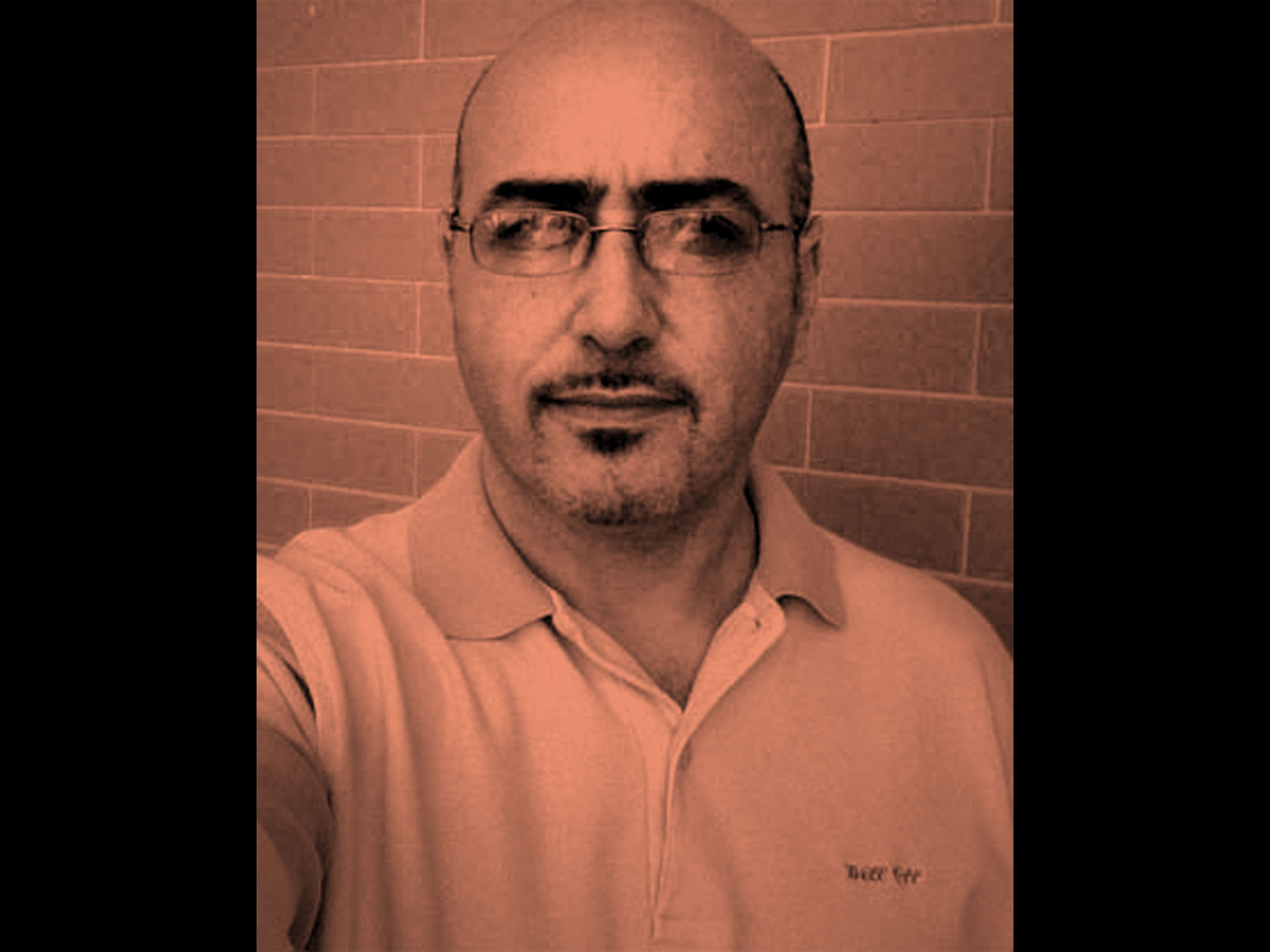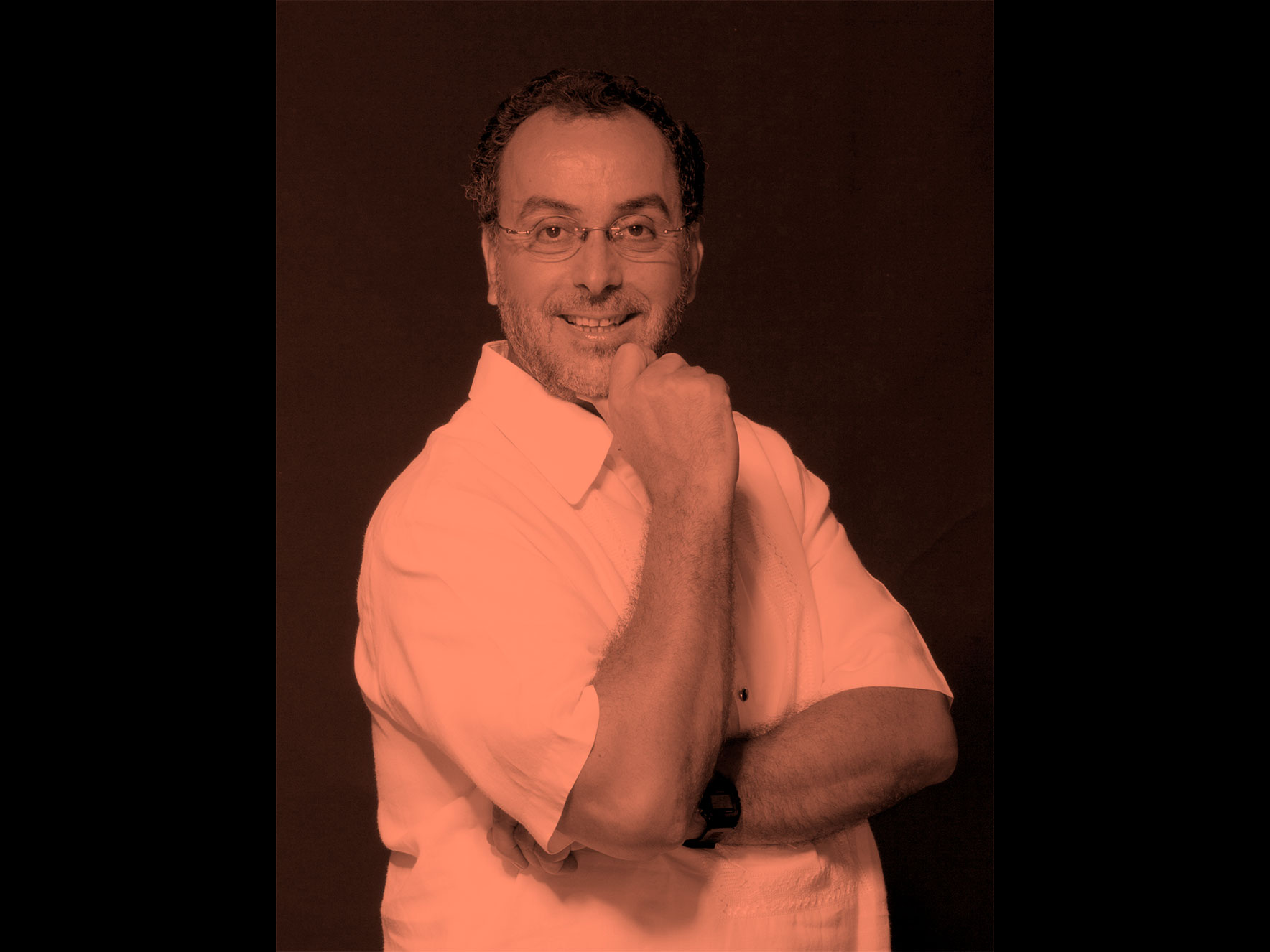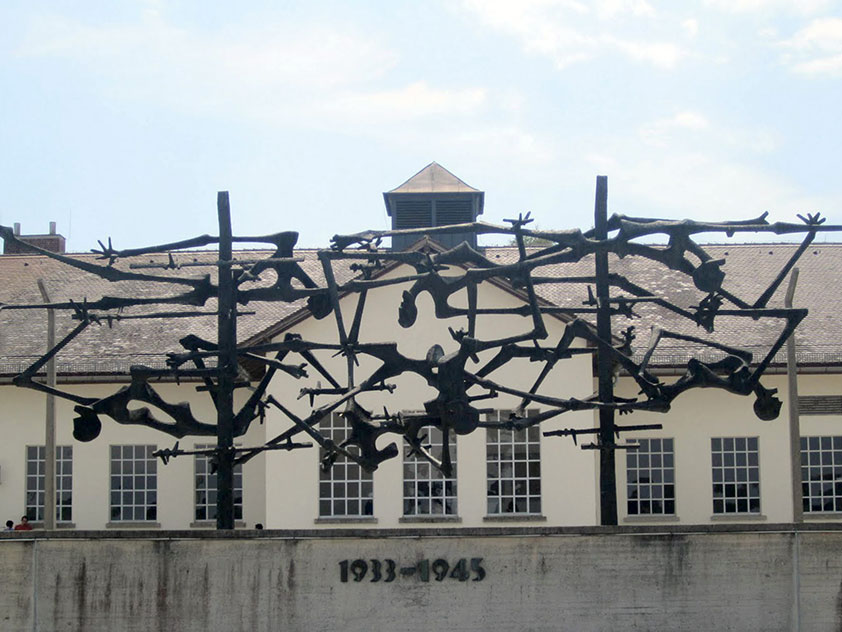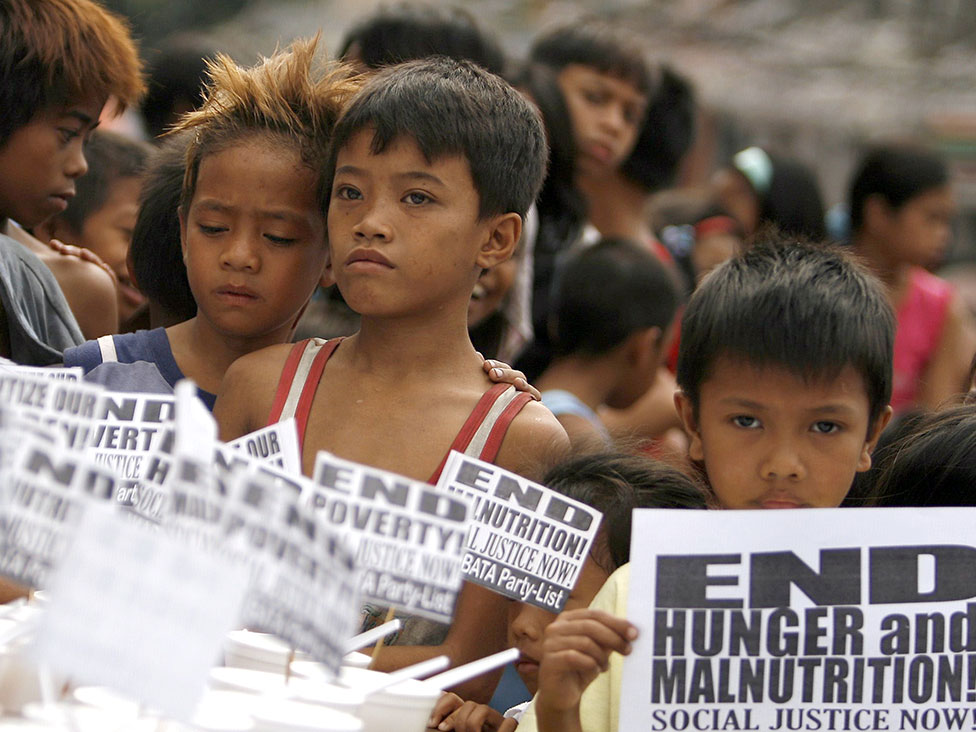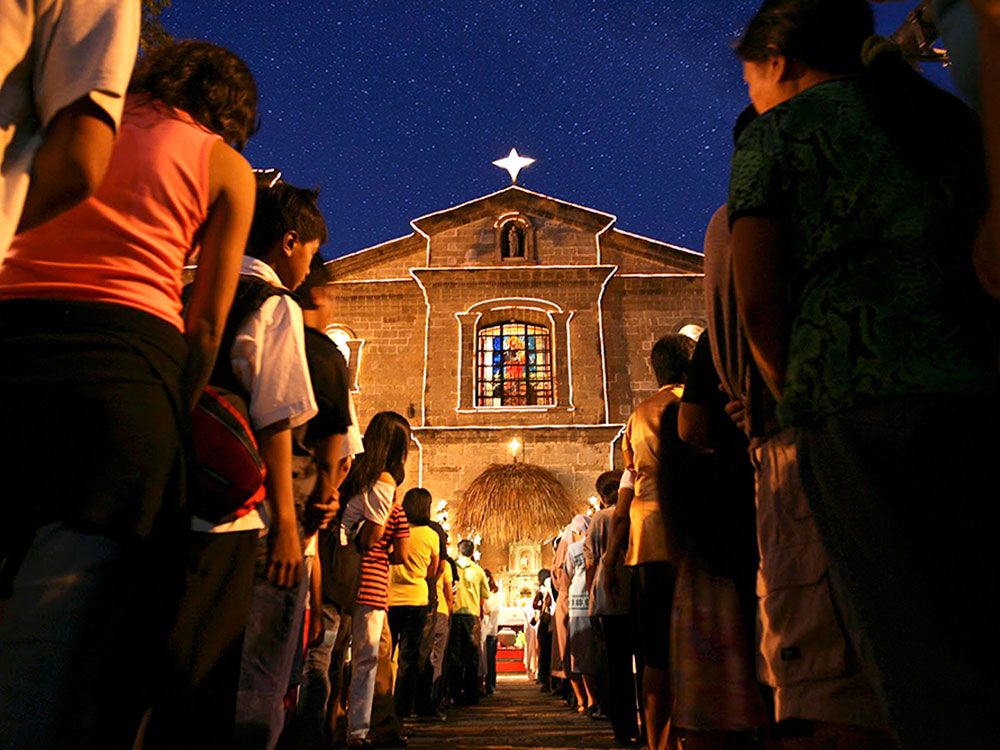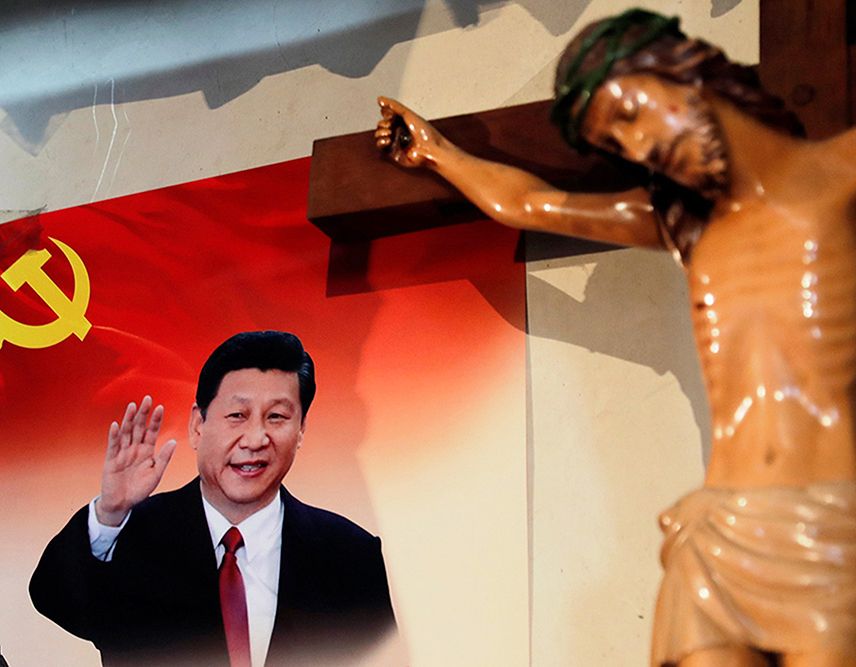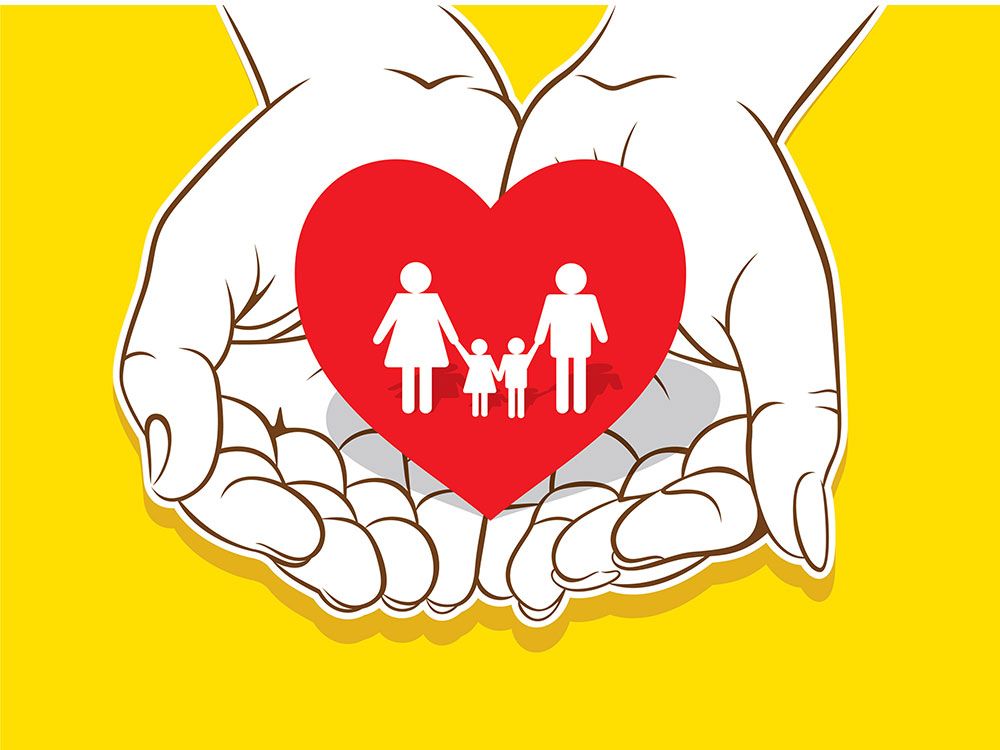In just over a generation, journalism has drastically evolved. Initially created for the elite, it only catered to members of high society and the civil servants of the British Empire. But in the 19th century, it developed into “mass media,” when the needs of the millions of people immigrating to the United States from different places and backgrounds had to be addressed.
CHANGING DIRECTIONS
Technology contributed much to changing journalism and media. To their credit, newspapers were able to survive even with the emergence of radio and TV. Each of the three media platforms simply had to take a specialized path and to target a specific segment of society in order to keep afloat. However, the seeming stability of the three forms of media was again disrupted by two totally unrelated events: the arrival of the Internet, and the presidency of Ronald Reagan.
Internet provided an epochal change in terms of providing and receiving information. For the first time in history, an individual can very well have access to and control of communication and information from the comfort of one’s computer. Information used to have a vertical or one way structure, i.e., facts were rationed to a large number of recipients by an authority or governing body. This is what authoritarian or dictatorial regimes used to brainwash their citizens. With internet, however, communication became a horizontal process, where senders of information can also receive. That is why, in China, there are 30,000 full time censors monitoring the net.
Because of the internet, the media, all of a sudden, became gatekeepers of critical societal issues. In 1975, for example, coverage of the first U.N. World Conference on Women in Mexico was lackluster with news about it kept at a minimum. Reports were simply centered on the event itself and nothing more. However, in the 1995 conference in Beijing, the core issues involving women took center stage in various media platforms. In fact, media allocated 80% of its space for Hillary Clinton’s intervention in the conference. More and more, women had access to the issues that mattered to them, and many were able to voice out their sentiments as well. Clearly, the ability and ease in advancing specific advocacies, such as gender equality, thru media changed the social and cultural landscapes.
CHANGING IDEOLOGIES
The presidency of Ronald Reagan, meanwhile, changed the international political and economic landscapes. In a meeting with then British Prime Minister Margaret Thatcher in 1981, he declared that the U.S. became great, not because of help from other countries, but because of the efforts of its own people and trade. “Trade, not aid,” seemed to become the U.S.’s guiding principle. Amid the cold war between the U.S. and the Soviet Union, Reagan also said that the communists should be challenged and not feared. This so-called “Reagan Revolution” dismantled existing economic norms, especially in helping crisis-wrecked developing countries and opening up capitalistic economies around the world. Then, in 1989, the Berlin Wall collapsed and the Soviet Union finally fell. More than being a political victory, it was the triumph of capitalism against socialism. Western liberal democracy, as Francis Fukuyama wrote in 1992, was the “End of History,” the end of man’s sociocultural evolution.
Since then, globalization took countries by storm. Many individuals began amassing more and more wealth. In fact, the wealth of the world’s 300 richest men is the same as the wealth of 3 billion people combined. Data also reveals that 75% of all the wealth produced throughout the world go to the 1% of the already immensely rich. In short, the rich are the only ones getting richer.
CHANGING VALUES
These world changing events, the internet and the “Reagan Revolution,” certainly took its toll on the media. For one, newspaper circulation declined because the younger generation resorted to radio, TV and the internet for information and entertainment, according to their personal needs and interests. The quality of print journalism also suffered because of the companies’ need to downsize. For example, the Times of London lost its literary value and verve because sentences had to be cut short and adjectives had to be avoided because of reduced staffing and costs. Coverage of world news was also minimal. Although accountability to one’s readers remained a value espoused by these news agencies, some publishers packaged stories in such a way that their personal or business interests are advanced.
Because of capitalism and globalization, media also became a business. As a business, it must sell in order to survive. From mere documentation of the “who,” “what,” “where,” “when” and “how” of an event, journalism began adapting a new scheme to guarantee readership and sustain the public’s interest. For example, “a dog bites a man” was no longer considered newsworthy. On the other hand, “a man bites a dog” will make it to the front page of broadsheets or tabloids. News organizations, therefore, had to reorient what they stood for, all for the sake of profit.
Nowadays, media outfits seem to be following a “scale of value of information” as explained by Norwegian sociologist Johan Galtung in the 1970’s. Among the “guidelines” which make a story attractive or saleable are stories that are: (1) closer to home than far away; (2) about a famous person and not a common citizen; (3) dramatic and unusual; (4) negative instead of positive, etc.
As proof of this, the love story of French President Hollande, who was torn between his wife and an actress, very recently sold more copies of newspapers or had more clicks in the internet than stories about his policies on employment or even his meeting with Pope Francis at the Vatican.
THE UNDERLYING PROBLEM
AND CONSEQUENCES
Sadly, the problem hounding journalism now is that it has become a mere commodity, bereft of any social function. Because of the neoliberalism introduced by the “Reagan Revolution,” vices like greed and individualism have taken over social justice, equity, solidarity, etc. as social values and virtues. Globalization has emphasized wealth and success, and the triumph of the individual, with the market, and not man, at the center of the world.
Aside from the degradation of personal and social values, man’s priorities have also changed. It is an unprecedented fact today that more money is spent per capita in advertisement than in education; that political institutions have lost vision and ideology to become pragmatic; and that people are becoming less and less involved in society.
In 1950, an American financier, Baruch, created a scandal when he theorized that the boss of a company could make as much as 50 times the salary of all his workers. Based on reports in recent years, however, this projection seems to be conservative, with company CEOs and presidents earning much, much more. Stories of how bosses amass tens of millions of dollars are common, especially in financial publications. However, what is unusual is that the money was made, not through honest work, but through economic or political corruption. What’s even sadder is the fact that people find this kind of news “ordinary.” People seemed to have given up or accepted such a “reality.”
Despite international cooperation, global issues such as climate change, hunger, atomic disarmament, immigration, and economic crises, remain unsolved, a sign that a better future for coming generations may not be close at hand. Sadly, Pope Francis now seems to be the only “voice in the wilderness” defending the poor, upholding social justice, denouncing inequality, and asking for peace and cooperation.
A NEW KIND OF JOURNALISM
In view of this, a new kind of journalism, not just an update of the old one, is definitely needed. For one, a journalism which shuns the documentation and glorification of money, glamour and the good life must emerge. Despite the challenges posed by the constant battle for readership, ratings and income, aspiring journalists should not be discouraged. It is important to remember that journalism must be done because it is a worthwhile cause or advocacy and not because it will make one rich.
The task and the responsibility cut out for these new breed of journalists is to restore values and to bring man, not money, back to the center of the world.
THE TRAPS
However, before one can accomplish this, one must first overcome the traps that sustain the current status quo. The first is the “myth of objectivity,” which states that macroeconomic statistics and government policies are the only reliable measure of a nation or society’s progress. Microeconomics, civil society protests, and advocacies being pushed, say, by Oxfam, on hunger, or Greenpeace, on the environment, are not objective and are just “noise.” Of course, this is not true. A good journalist hears all sides, even the opinion of the lowly man on the street, to paint an accurate picture of the state of affairs.
The second trap is to believe that only those in power have all the information and, therefore, are more qualified to give statements. All other sources of information are, therefore, unofficial or not credible. But did the U.S. government, with all its resources and intelligence networks like the C.I.A. and N.S.A., improve the kind of politics in that part of the world? Certainly not!
The third trap is the belief that the more access one has to an establishment, like a government agency, the more credible or respected a journalist is. In truth, however, this is a form of co-option or collusion between journalist and establishment to report only what is favorable to the establishment. Respectability begins from oneself and blooms from being able to give a voice to the powerless and, in turn, being able to give them the respect and dignity they deserve.
CONSCIENTIOUS PARTIALITY
Aside from escaping these traps, one characteristic that the new breed of journalists must continue to espouse is impartiality. This means giving an opportunity for all those involved in a story to air their side and to report these sides as faithfully as possible. The truth, however, is that a journalist cannot always remain impartial. Logic, and perhaps conscience, is essential in this characteristic.
Case in point is the issue of climate change. To be sure, one cannot put the interests of oil companies and those of the human race on the same level. Oil companies will say that the energy industry is working for the common good, giving jobs to tens of thousands of people. Although oil companies stand to profit because of their activity, this wealth will distribute itself eventually, in a ripple down effect, to each and every person of the world. The question is, does this distribution of wealth far outweigh the effect that greenhouse gases, generated by petroleum processing plants, have on the environment? Can the jobs generated by the oil industry be considered a lesser evil compared to the death of thousands of people brought about by the changes in weather and climate around the world?
THE CHALLENGE
Indeed, the world is now living in very different times, not better in many respects, but a world greatly progressing in technology, nonetheless. These technological advancements have allowed today’s journalists to portray the world and report about it in an instant, and send stories to every corner of the world, with just a click of a mouse or a button. Among the other benefits that new technologies have afforded today’s journalists are: (1) the possibility to search the web for information that is difficult to find, (2) the ability to interview people without the need for costly travel using a smart phone or applications like Skype or Face Time, and (3) the capability to become a one-man news team, minus a cameraman, photographer, audioman or crew members who usually make up a news team, etc. The list of advantages and possibilities because of these modern technologies is endless!
Ultimately, however, the difference between the “old” and the “new” breed of journalists will be reduced to what Leonardo da Vinci called saper vedere, “to be able to see.” At the very least, journalists must be able to report what they see. However, it takes more than mere reporting to be considered a good journalist. What makes a discerning journalist different from the rest is his or her ability to communicate a story to an audience, as if the audience is seeing the event itself. This entails seeing not only with the eyes, but with the sensibility of the heart.
The world is clearly in an era of transition, an era which is very difficult to predict. Because of globalization and information technology, mankind is now witnessing the collapse of an old system. But until the new system emerges, Gramsci, an Italian communist thinker, who wrote in his “Letters from the Jail,” says: “We will see monsters and disasters.” It is in this regard that a new kind of journalism will be necessary, a brand of journalism that will allow the present and the coming generations to see the “monsters and disasters” of these troubled times and that will guide mankind to the path towards the new and, hopefully, better world.








